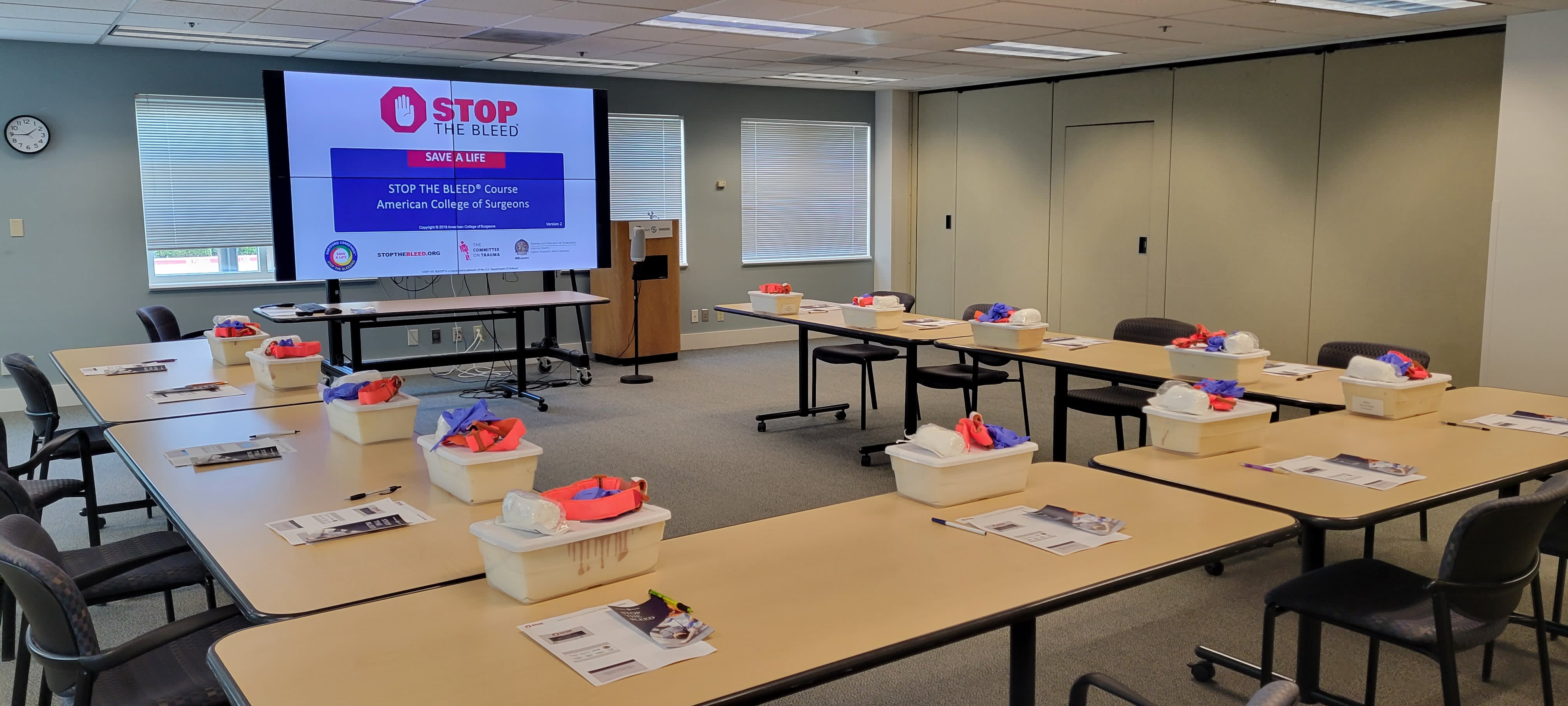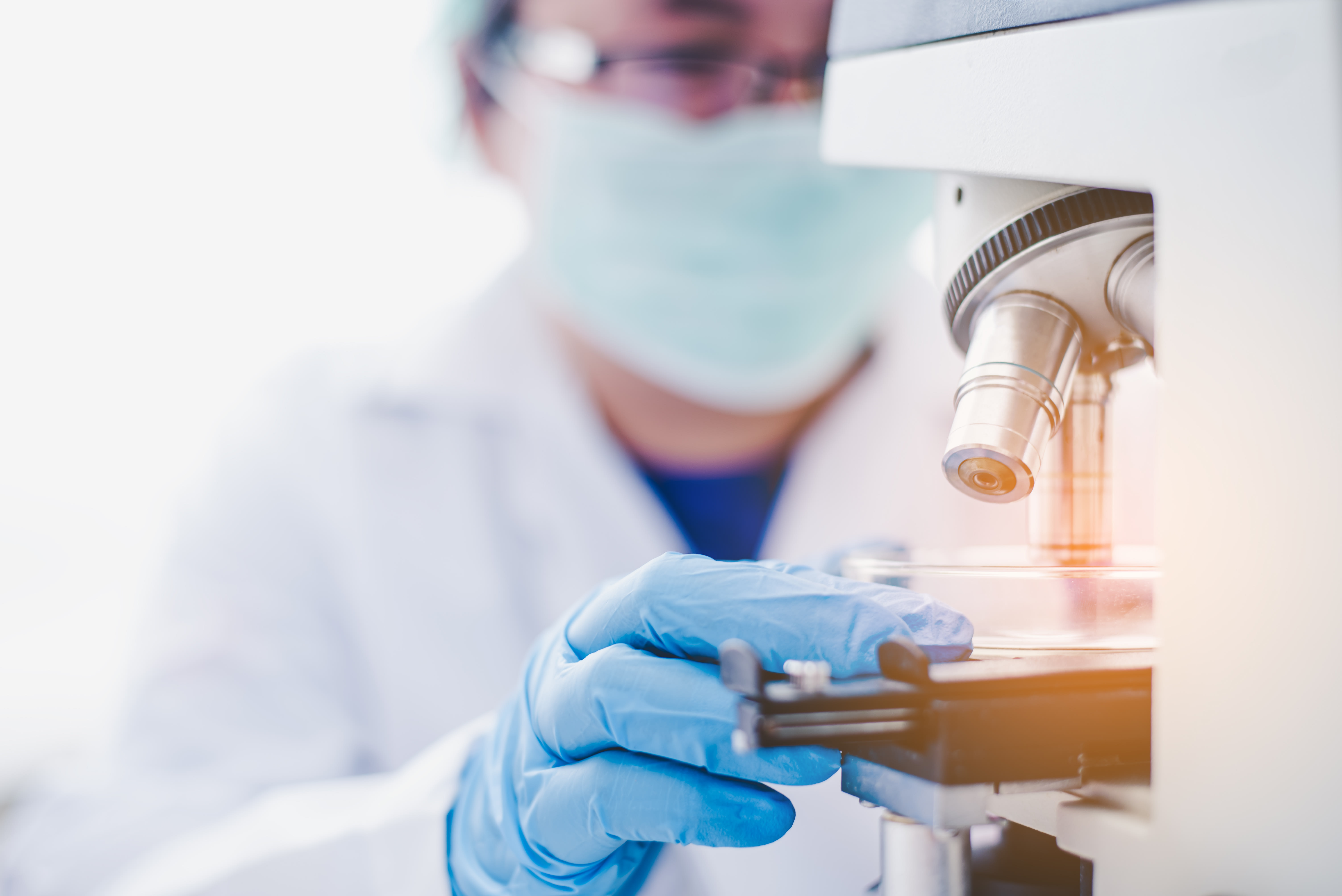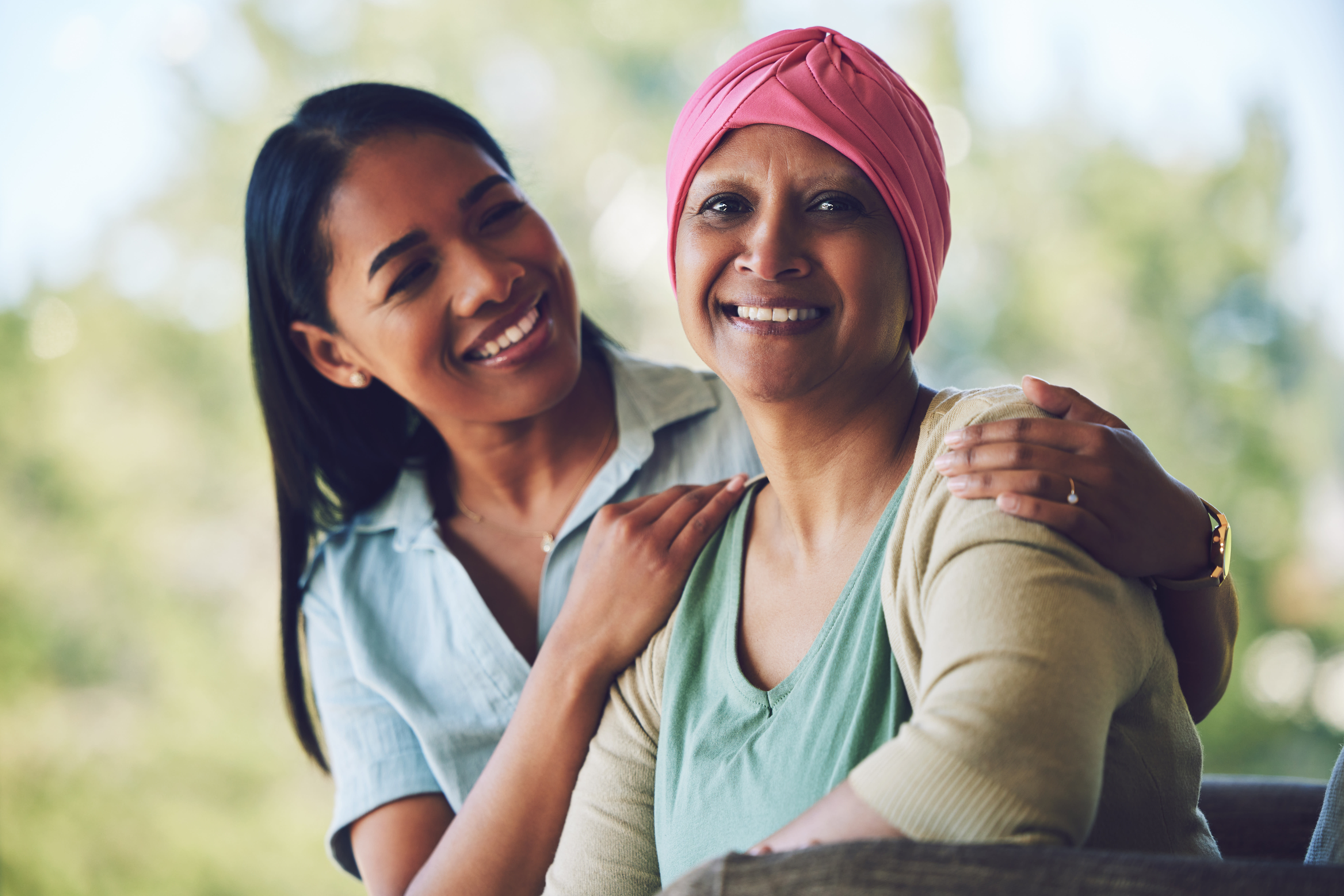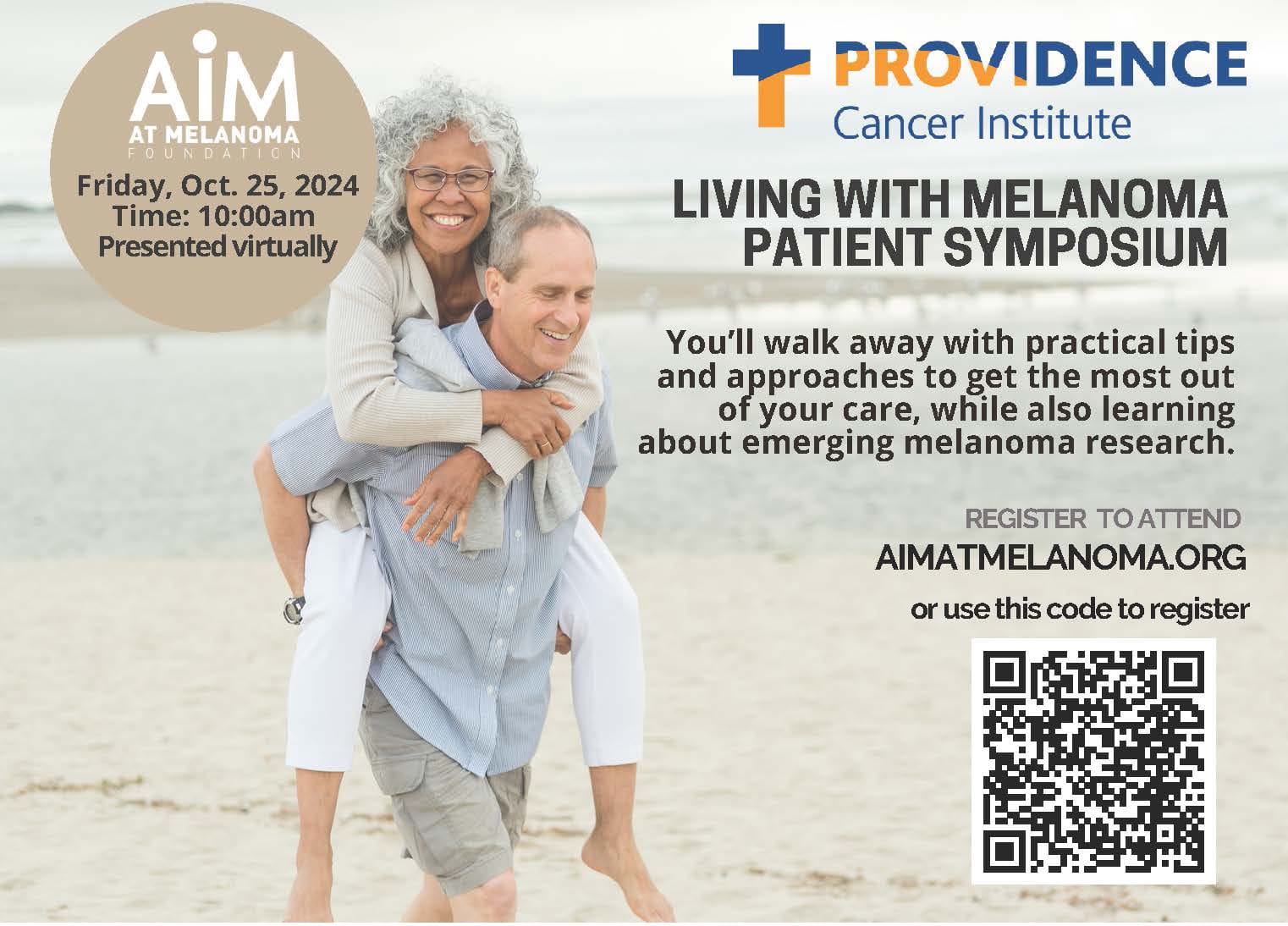Cancer survivorship: A guide to living with and beyond cancer
Did you know June is National Cancer Survivor Month? We mark the occasion by honoring you wherever you are on your journey and the people who support you along the way. You are a cancer survivor whether you have just begun treatment, completed it or have been living cancer-free for years.

Every phase of survivorship can bring a mix of emotions and challenges. Each step marks a new phase where hope, fear and resilience collide – and coexist.
Your care team at Providence Cancer Institute of Oregon can help guide you forward. They work with you to manage emotional and physical challenges. A range of therapies and support services are available to meet your needs.
“Our team is especially trained to support our patients from the time of cancer diagnosis through treatment and after to improve their quality of life," said Roxanne Payne, FNP, director of oncology advanced practice and cancer clinical programs at Providence Cancer Institute.
Supportive care and your quality of life
Physical changes and side effects from treatment can make you feel different and affect how you see yourself and interact with others. This may cause you to feel sad, worried, stressed or alone. Maintaining a positive quality of life can greatly boost your immune system and support healing, leading to better long-term health.
At Providence, you have access to our compassionate support and services, adding an extra dimension of care. This enhances your well-being on every level - body, mind and spirit. Our services include the following:
Integrative Medicine: Naturopaths, acupuncturists, chiropractors and massage therapists provide evidence-based, safe and effective medicines and healing approaches aimed at helping to minimize side effects of cancer treatment and achieve your optimal health.
Oncology Nutrition: The oncology nutrition team includes registered dietitians that work closely with you to help you feel your best. Cancer and cancer treatment may make it hard to eat and drink well, but good nutrition is essential. Our dietitians will help you find the best foods to aid your body during treatment and recovery.
Cancer Support Services: Our team of oncology social workers, nurse navigators and resource specialists offer an extra layer of support by addressing emotional and practical concerns. They can answer your questions and help you navigate your appointments. In addition, they can direct you to resources available from Providence and the community.
Palliative Care: Our clinicians and social workers can help you cope and adjust to a cancer diagnosis. Palliative care can begin at the time of diagnosis and continue through cancer treatment. Special attention is given to relieving pain and other distressing symptoms. They assist you in making treatment decisions based on your values, goals and priorities.
Spiritual Care: Providence chaplains provide emotional and spiritual care to people of all backgrounds and perspectives. They are available throughout your journey with cancer. Chaplains provide support based on what is important to you and your loved ones.
Rehabilitation Therapists: This team includes physical, occupational and speech therapists. They can help reduce fatigue and rebuild strength through movement and exercise. They address movement restrictions, lymphedema and health issues affecting intimacy, bladder or bowel function. The therapists also help with any changes in swallowing or speaking that are related to cancer treatment.
Sexual Health Services: Our sexual health experts understand many people feel uncomfortable talking about personal issues. They provide support, guidance and resources to people with a history of cancer who are experiencing changes to their sexual health.
Cardio-Oncology: Your cardiologist and oncologist work together to evaluate and protect your heart before, during and after cancer treatment. Cardio-oncology is a new approach to heart care for cancer patients. Some people being treated for cancer may have underlying heart conditions that can impact their cancer treatment, while some cancer treatments may impact the heart.
Living beyond cancer treatment
When active treatment for cancer ends, many people expect to feel happy, relieved and ready to get back to “life as usual.” If your feelings turn out to be different, it can take you by surprise. Be patient and gentle with yourself, and keep in mind that everybody heals at different rates.
“Because everyone is different and will experience cancer treatment and post-treatment in their own way, we provide many types of support. Our team is trained to help people heal physically and emotionally from cancer,” said Roxanne.
No two people are alike. Even if two people have the same type of cancer and receive the same treatment they will have different experiences. It’s important that you don’t compare your experience with others. How you transition from treatment and beyond is unique to you. You may feel different – emotionally and physically – than you did before cancer. You may miss the guidance of your care team. And you may find yourself wondering: What now?
We encourage you to take an active role in your health. This can help improve your quality of life.
- Pay attention to your emotions. After cancer treatment, many people have trouble bouncing back emotionally. If you have persistent feelings of sadness or loss of interest in activities you once enjoyed, reach out to your health care team. We can help you.
- Talk to someone who understands. One of the most comforting things you can do is to talk to someone who’s going through the same thing. Our peer support program and support groups are different from any other kind of therapy. You don’t have to explain yourself – everyone just gets it.
- Be proactive about prevention. One of the best ways to fight the fear of recurrence is to be proactive about maintaining your health. Staying active, eating healthy foods, wearing sunscreen and not using tobacco help to reduce your risk of future cancers.
- Keep up with screenings. Stay current with screenings that can help protect you from other types of cancer and illness. Screenings may include a colonoscopy, mammogram or lung test.
- Stay connected with your doctor. Your family doctor or oncologist will let you know when you need follow-up appointments. Watch for persistent or new symptoms like a nagging cough after chest radiation, scar pain or lymphedema issues. Report worrisome symptoms to your doctor including pain that doesn’t go away within a couple of weeks.
Take control where you can and let the rest go. When your active treatment is done, try to be at peace with the things you can’t control and proactive about the things you can.
Find more expert advice and survivor testimonials in our free educational booklet and video series, "Living Well Through Cancer Treatment and Beyond." These resources are available in English, Chinese, Korean, Russain, Spanish and Vietnamese.
Supporting you every step of the way
No matter where you are on your cancer journey, we’re here if you need us. Call cancer support services at 503-215-6014.



